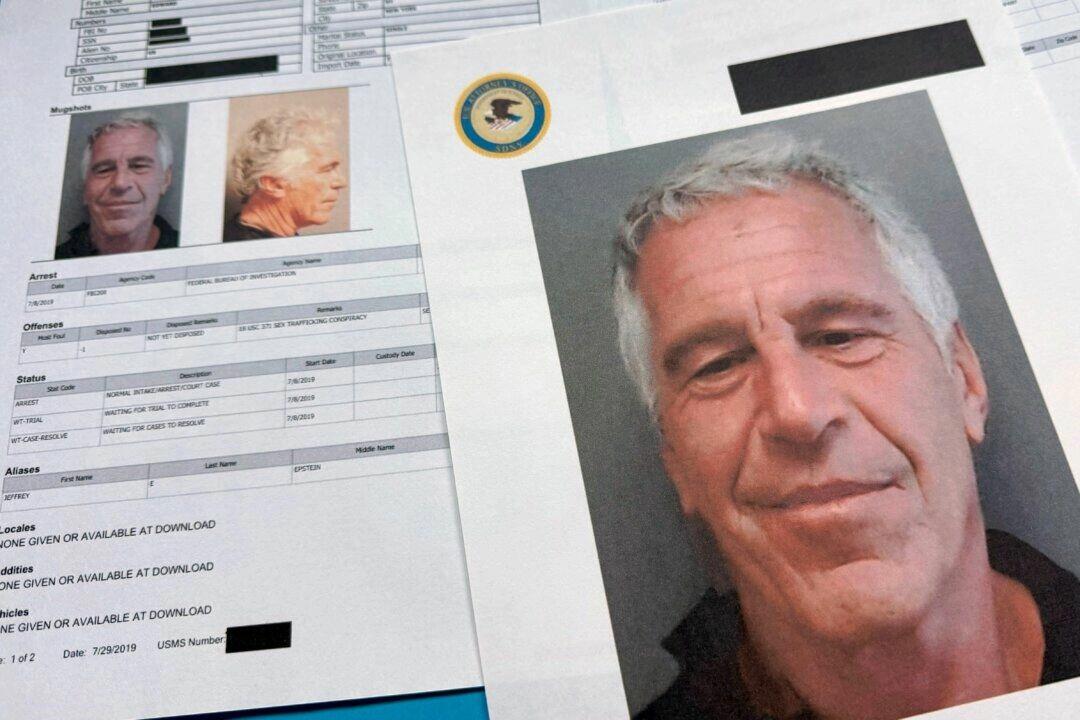Unfortunately this article on Zero Hedge is behind a paywall, but it is still interesting enough to comment.
"He’s saying, ‘gimme everything now,’ and if there’s inflation next year, the Fed can always hike."
In fact, Trump is saying what every demagogue, which would include most governments these days have said before him... and which has NEVER worked in history, ever!
You simply cannot outgrown a recession, and not because people haven't tried. It is just technically not possible. As you increase the money supply, the velocity of money will slow, automatically. In other words, new investments will have a lower return on capital and consequently the debt will grow faster than the GDP. This is a hard core law of economics. If there was any way whatsoever to bypass it, it would have been found by now. It has not.
Then why is there this illusion that it can be ignored? Well, because all this is true within the context of the liberal system under which the West is suppose to be working. But there are of course "other" ways to run an economy. The Soviet system was one. It was not the price of capital deciding what was possible but the plan or civil servants. The result was that you could indeed grow an economy that way but by creating huge distortions and inefficiencies which in the end proved existential. There is another possible way, which we could call the Japanese model, or repressing interest rates. That too works for a while. But then you end up with a similar dreadful allocation of capital and likewise catastrophic economic results.
Why is it so popular then? Well, because, briefly, very briefly, you can force a short term boom and just like a drunkard, the economy will feel good before it feels dreadful.
In fact, if you remember the 1980s, you know that all this was tried, and worked, for a time. After raising interest rates sky high, the Reagan administration opened the floodgates and engineered a boom. They could do it because America was not indebted yet and they could therefore afford it. It was also the beginning of the descent to hell and over-indebtedness.
Today with 37 trillion dollars of debt, this is simply not possible anymore. Lowering interest rates significantly at this stage would create a rush out of the dollar which would quite rapidly go down relative to other currencies, creating significant inflation. The FED understands this which is why they are resisting Donald Trump.
But in the end, it may be that the dollar will fall anyway and that high interest rates will bankrupt the Big Beautiful Bill, or rather budget, anyway. So what should the FED do?
I don't know, and it could be that the FED also doesn't know. That's what happens when you are painted into a corner. Trump didn't create these conditions but he also didn't even try to slow down the painting process. Now, one way or another he will have to walk all over fresh "paint". It might get dirty soon! Trump already sounds unhinged when he is not panicked. What will he sound like when he is?

